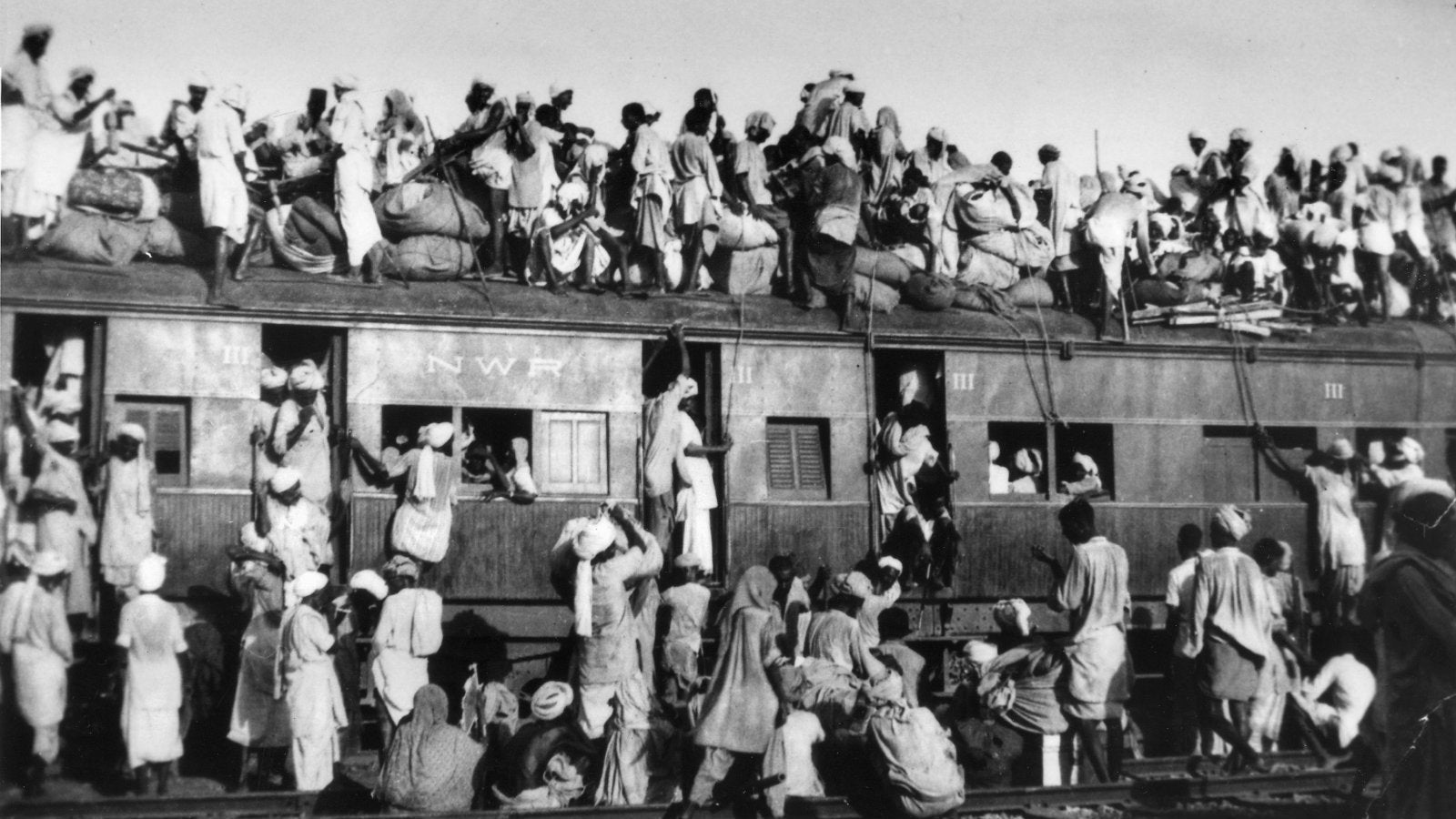Listen to the stories of those who survived the 1947 Partition of India and Pakistan
In 1947, the Partition of India and Pakistan sparked a harrowing refugee crisis and one of the largest migrations in human history (paywall). But while the memories of the bloodbath that followed continue to shape politics and policy on both sides of the border, it has taken nearly 70 years for new generations of Indians to be able to access the stories of those dark days.


In 1947, the Partition of India and Pakistan sparked a harrowing refugee crisis and one of the largest migrations in human history (paywall). But while the memories of the bloodbath that followed continue to shape politics and policy on both sides of the border, it has taken nearly 70 years for new generations of Indians to be able to access the stories of those dark days.
On Aug. 10, the 1947 Partition Archive, a non-profit, began releasing a number of oral histories collected from thousands of people who survived the gruesome events of the year of India’s independence from British rule. These recordings, which recount the experiences of Hindus and Muslims who were forced to leave their homes and cross the border, are available for streaming via the Stanford University Library’s digital repository.
For founder Guneeta Singh Bhalla, a former physicist, the idea to start collecting the stories of Partition survivors came about in 2008 after a trip to the Hiroshima Peace Memorial Museum, which features oral histories from the victims of the 1945 atom bomb attack. Noticing the absense of anything similar for victims of the Partition, Bhalla decided to start recording people’s accounts of their experiences at the time.
“The idea was to memorialise the event so that it doesn’t happen again,” she told Quartz.
But in 2010, upon the death of her grandmother’s brother, a Partition survivor in his ’90s whom she was just about to interview, Bhalla realised it was time to expand the project, and get some help from others, to capture all the stories that were at risk of being forgotten for good.
Since then, Bhalla and a team of around 500 volunteers and 100 scholars around the world have been interviewing survivors not just in the directly affected countries of India, Pakistan, and Bangladesh but even as far afield as the US, UK, Spain, Israel, Saudia Arabia, Kenya, and Australia, home to thousands of south Asian-origin migrants. In all, they’ve collected 4,300 oral histories in 22 languages, a mix of audio and video.
But it wasn’t always easy to get people to open up about experiences and emotions they had buried for decades.
“When we first started, it was a very faux-pas topic, nobody was talking about it,” Bhalla explained, “It was very difficult to break those barriers.”
Now, things are changing. In the years after the launch of the Partition Archive, a number of other citizen groups have begun working to memorialise the event, including New Delhi-based The Arts and Cultural Heritage Trust, which is behind India’s first ever Partition Museum, opening later this month, and the Godrej India Cultural Lab, which recently hosted an exhibition and several lectures about the Partition.
With history becoming a contested topic in today’s India, it’s becoming clear that the responsibility for both learning about and preserving the country’s rich and diverse heritage increasingly lies with curious citizens themselves.